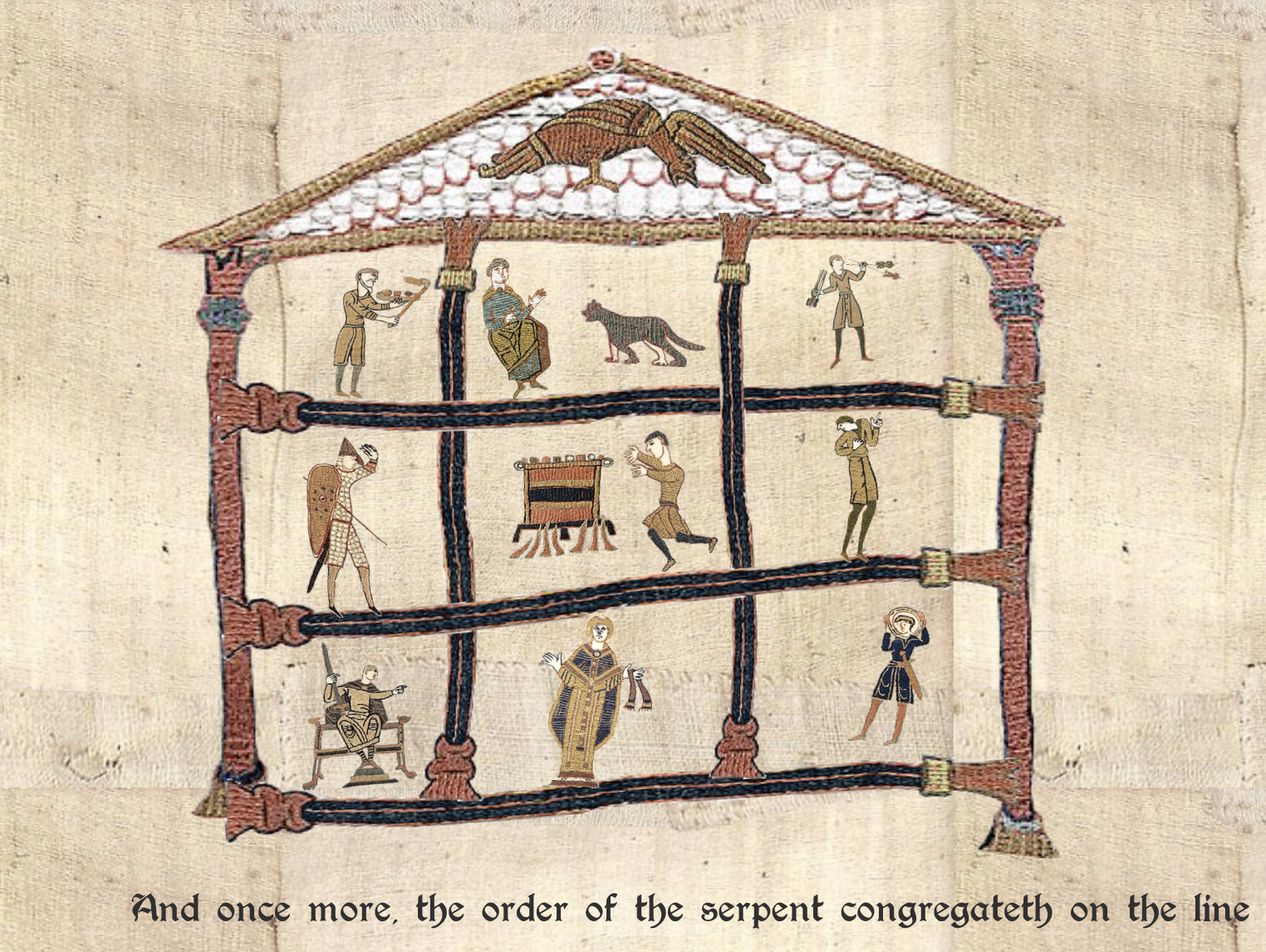Between June 21st and 24th the second COBRA training event took place—which we affectionately insist on referring to as the Marseille event, even though it once again could not take place physically, now at Aix-Marseille University. Most of the event was dedicated to courses given by COBRA’s senior researchers. In his lectures Computational Models of Dialogue, Gabriel Skantze (Furhat) explained what goes into the design of a spoken dialogue system such as Furhat (hint: much more than you’d think), mentioning some of the challenges scientists face and solutions they have come up with. Delphine Potdevin and Francisco Sanchez (DAVI) also talked about artificial agents, but with a focus on virtual agents and, particularly, their display of emotion. Susanne Fuchs (ZAS) spoke about methodological considerations regarding the setup of multi-speaker experiments—that is, experiments that gather data from multiple speakers in interaction. Ludivine Crible (UCLouvain) showed how to build and analyze linguistic corpora, and what types of questions you must consider when annotating your own corpus. Esther Klabbers (ReadSpeaker) talked about intellectual property rights and provoked some interesting discussions about copyright, plagiarism, and the legal implications of our work. Finally, Shravan Vasishth (University of Potsdam) concluded a series of lectures on statistics that Audrey Bürki (University of Potsdam) had started in May, with a focus on general linear mixed models.
Of course, the spotlight was also on the ESRs for some of the event. Lena Huttner (ESR1), Dorina de Jong (ESR2), and Greta Gandolfi (ESR6) presented the experiments they have been running, the type of data they have been collecting, and how they are dealing with their statistical analysis. Besides that, all the ESRs divided into groups and gave presentations about their projects, focusing on the theoretical challenges they have in common and how they are addressed in their individual projects.
And, because we could not lack a bit of quirkiness, every day had a different background theme for the participants’ Zoom cameras—from your favorite work of art to the place where you grew up. Lena Huttner (ESR1) portrayed this beautifully in the featured image of this post.
And the event of course needed to involve food, so everyone was invited to a virtual bread-baking workshop where we all learned about bread and got our hands dirty—the delicious kind of dirty.
The Marseille event was a week of interesting discussions and valuable insights. The next event is planned to happen at the University of Edinburgh, and this time, hopefully, we won’t be calling it the “Edinburgh event” only out of wishful thinking.
As the academic year wraps up and the temperatures rise, our blog will also go on a hiatus. We wish you a good summer and see you again with fresh content in September!

Follow us on Twitter (@CobraNetwork) and Instagram (@conversationalbrainsmscaitn) to stay up to date.
Author: Tom Offrede, ESR5, @TomOffrede
Editors: Lena-Marie Huttner, ESR1,@lena_hutter and Dorina de Jong, ESR2, @dorinadejong
If you want to know more about our projects and the ESRs working on them, please look under the Training tab.
Featured image by Lena Huttner (ESR1), using the Historic Tale Construction Kit






